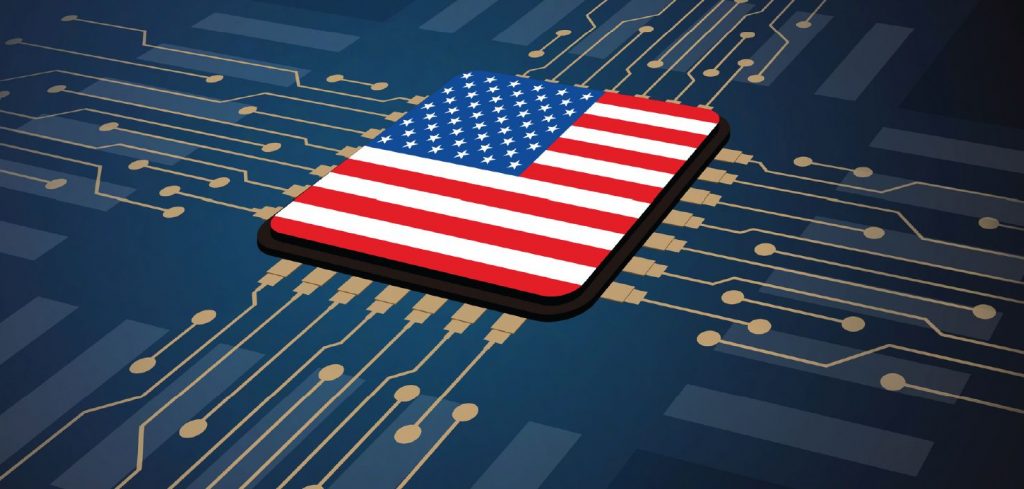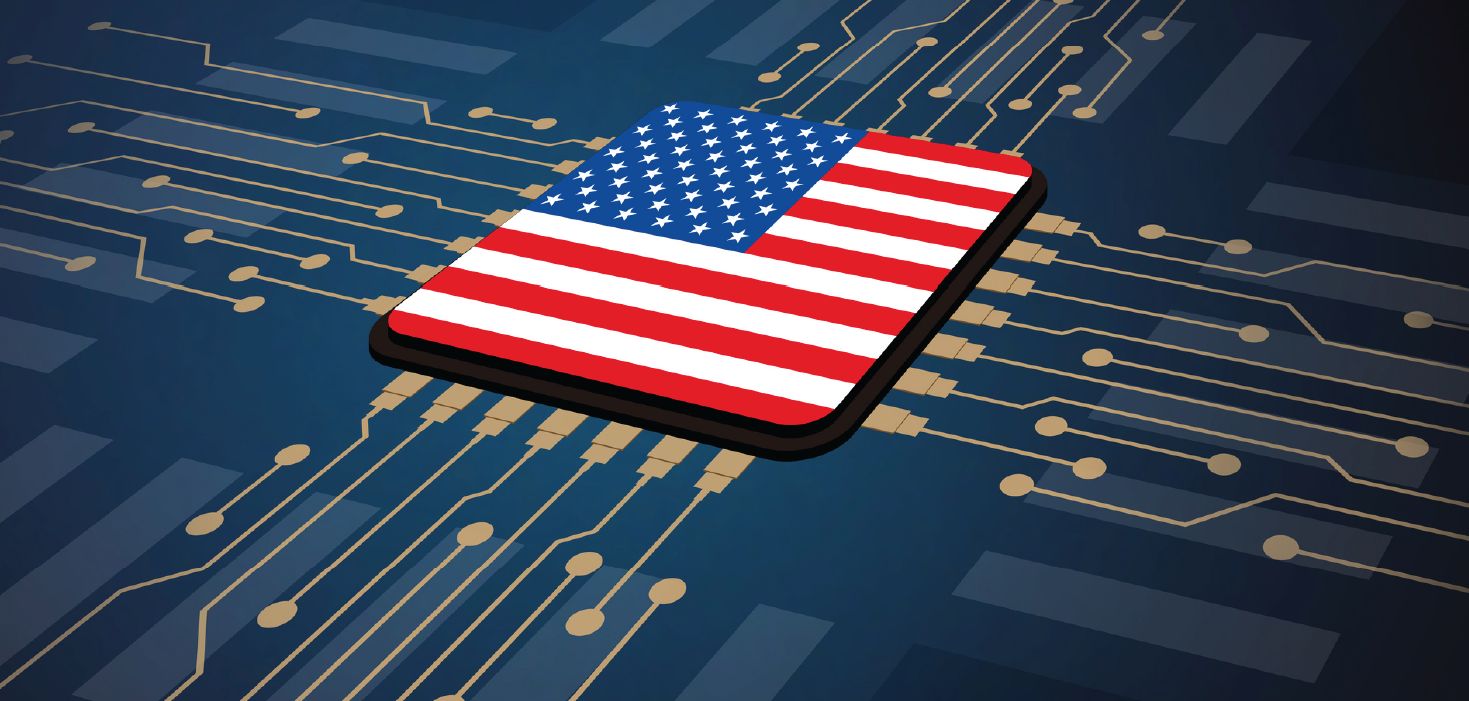The U.S. Department of Commerce today announced the appointment of 24 members to the Industrial Advisory Committee (IAC), an advisory body that will provide guidance to the Secretary of Commerce on a range of issues related to domestic semiconductor research and development in support of CHIPS for America. The Committee will not participate in selecting recipients of federal financial assistance, including the manufacturing incentives program.

“CHIPS for America is a once-in-a-generation investment that will position the United States to lead the world in semiconductor research, manufacturing, design, entrepreneurship, and innovation for decades to come,” said Secretary of Commerce Gina M. Raimondo. “The experienced and diverse group of accomplished leaders on the Industrial Advisory Committee will help guide our approach to semiconductor research and innovation as we strengthen America’s global competitiveness.
Mike Splinter, former CEO of Applied Materials, will serve as chair and Susan Feindt, a fellow and executive at Analog Devices, will serve as vice-chair of the Committee.
The Industrial Advisory Committee members announced today are the first appointees for the Committee, established by Congress in the William M. (Mac) Thornberry National Defense Authorization Act of 2021 (FY 2021 NDAA). The Industrial Advisory Committee will provide advice on the science and technology needs of the nation’s domestic microelectronics industry, the national strategy on microelectronics research, the research and development programs and other advanced microelectronics activities funded through CHIPS for America, and opportunities for new public-private partnerships.
The committee comprises leaders from a broad range of disciplines in the microelectronics field, including academia, the semiconductor industry, federal laboratories, and other areas.
The newly appointed members include:
- Mike Splinter (Chair), General Partner, MRS Business and Technology Advisors
- Susan Feindt (Vice-Chair), Fellow, Director of Physical Technology Strategy, Analog Devices
- James Ang, Chief Scientist, Pacific Northwest National Laboratory
- Daniel Armbrust, Founder/Chief Executive Officer, Silicon Catalyst
- Susie Armstrong, Senior Vice President of Engineering, Qualcomm
- Ahmad Bahai, Chief Technology Officer, Texas Instruments
- Bill Chappell, Vice President of Technology, Microsoft
- Michael Fritze, Vice President of Microelectronics Policy, Potomac Institute for Policy Studies
- Charles Gray, Vice President of Digital Systems Technology, Ford Motor Company
- Carol Handwerker, Reinhardt Schuhmann, Jr. Professor of Materials Engineering & Professor of Environmental and Ecological Engineering, Purdue University
- Deirdre Hanford, Chief Security Officer, Synopsys
- Rajarao Jammy, Chief Technology Officer, MITRE Engenuity
- Ken Joyce, Executive Vice President, Brewer Science
- Ann Kelleher, Executive Vice President of Tech Development, Intel Corporation
- Mukesh Khare, Vice President, IBM Research
- Meredith LaBeau, Chief Technology Officer, Calumet Electronics
- Tsu-Jae King Liu, Dean of the College of Engineering, University of California Berkley
- Om Nalamasu, Chief Technology Officer, Applied Materials
- Debo Olaosebikan, CEO and Founder, Kepler Computing
- Alex Oscilowski, President, TEL America
- Willy Shih, Robert and Jane Cizik Professor of Management Practice in Business Administration, Harvard Business School
- Brandon Tucker, Chief Workforce Development Officer, Washtenaw Community College
- H.S. Philip Wong, Willard R. and Inez Kerr Bell Professor in the School of Engineering, Stanford University
- Anthony Yen, Vice President of Technology and Director of ASML Technology Center
“The newly appointed Industrial Advisory Committee is a significant step toward ensuring the CHIPS Act turbocharges U.S. semiconductor innovation for many years to come,” said The Semiconductor Industry Association (SIA) President and CEO John Neuffer. “We applaud the appointment of these highly accomplished industry leaders and look forward to continuing to work with government officials to ensure the CHIPS Act is implemented effectively and efficiently.”
“Enactment of the CHIPS Act was an historic win for the semiconductor industry and American innovation, economic growth, and national security. To realize the full benefits of the CHIPS Act’s R&D investments, it is critical for government, industry, and academia to work collaboratively to ensure the new funding bridges key gaps in the current semiconductor R&D ecosystem,” Neuffer added.
